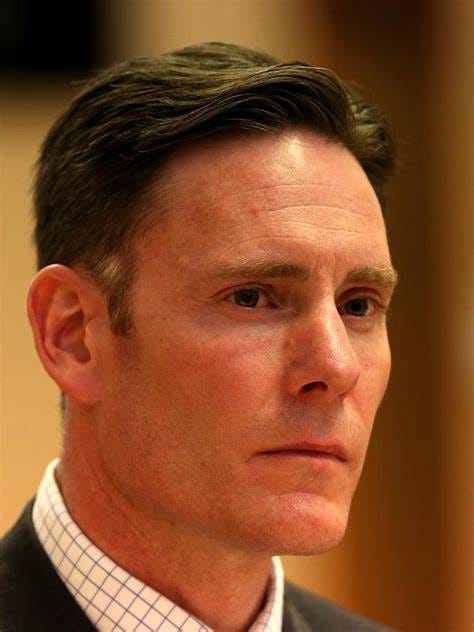Andrew McGinnes, the man in charge of Qantas’s media and government relations, today announced his resignation – and is no big loss.
His resignation flags significant change in the airline's leadership at a time when it’s focused on rebuilding its ‘in the gutter’ public image.
Last year I wrote, following the embarrassing PR debacle that saw new boss, Vanessa Hudson, after only 48 hours in the top job, declare Qantas would be offering free tickets to ‘Yes’ voters as part of its support for the Voice Campaign – sanctioned by her media team.
There’s no doubt, McGinnes would have been one of the ‘brains’ who thought that it was a good idea to tie the CEO and airline to such a divisive campaign and ignore 50% of the population, was a smart way to go.
Then again, what else would you expect from an airline that lost its way under a clown-show like Alan Joyce, and the executive team he employed.
If anyone is in doubt about the quality of their executives, look at the position Qantas is in. Or better still, ask the foot soldiers at Qantas how management has betrayed them and destroyed the company because of elitism, arrogance and hubris.
So, was McGinnes pushed or was his resignation a genuine departure from a longtime cushy job where he was over paid and oversaw some of the biggest PR blunders for the flagging national icon?
Whatever the real reason is for McGinnes’ resignation, like his former boss, Alan Joyce, it’s good riddance.
McGinnes has been with Qantas for 13 years and departs in June as part of a broader executive renewal strategy that has been underway since Vanessa Hudson took over as CEO in September.
McGinnes' departure comes at a time of significant transformation for Qantas.
Under Hudson’s leadership, the airline has embarked on an executive renewal process, seeking fresh perspectives and new leadership approaches.
Well done Hudson. Let’s hope blind arrogance and stupidity aren’t part of the criteria for recruiting future executives.
The process has already seen the departure of other key executives, including Olivia Wirth, CEO of Qantas Loyalty, and the retirements of John Gissing, CEO of QantasLink, and Andrew David, the Domestic chief.
Hudson also mentioned the ongoing search for McGinnes' replacement, emphasising the importance of a smooth transition.
In the past year, McGinnes faced scrutiny during several Senate hearings that examined a range of issues involving the airline.
One of the key concerns raised was Qantas' close relationship with the Albanese government.
In a particularly intense hearing, McGinnes, alongside former CEO Alan Joyce and Jetstar CEO Steph Tully, faced tough questions regarding travel credits, high airfares, and record profits.
Following the hearings, Joyce cut and run like all cowards do, and brought forward his retirement by two months to accelerate the executive renewal process at Qantas.
Joyce has since been in Ireland.
Qantas has been undergoing a series of executive changes, with the recent announcement of Andrew Walduck as the new chief information officer, replacing Sam Charmand. Last week, Andrew Glance was named as Wirth's successor in the lucrative Loyalty sector, set to take over next month.
The airline's executive renewal comes at a critical juncture as it navigates the post- COVID. The aviation industry was one of the hardest hit by the pandemic, with airlines worldwide facing unprecedented challenges.
As the airline industry begins recovering, Qantas is positioning itself for future growth and stability.
The changes in its executive leadership are part of a broader plan to adapt to the evolving market dynamics and consumer expectations.
McGinnes' departure marks the end of an era for Qantas, but it also signals a new chapter in the airline's storied history.
While Qantas looks to the future, the focus will be trying to regain its position as Australia's premier airline while adapting to the changing demands of the global aviation industry.
Virgin is towelling-up Qantas’s along with every other airline. Well done to Qantas’s very special team of executives.




